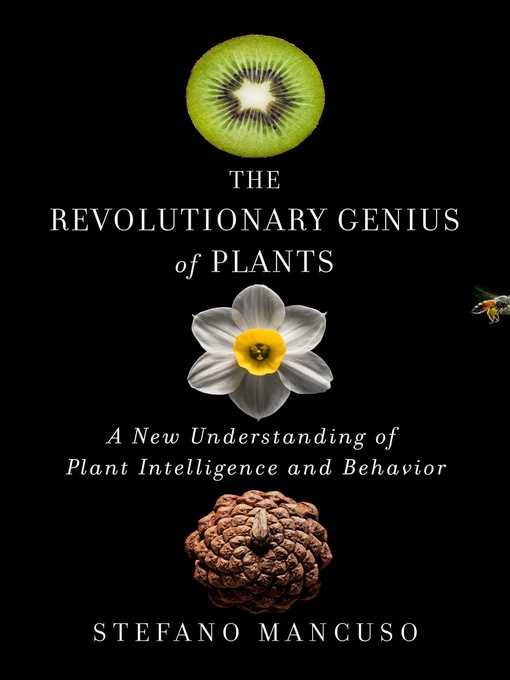
The Revolutionary Genius of Plants
A New Understanding of Plant Intelligence and Behavior
کتاب های مرتبط
- اطلاعات
- نقد و بررسی
- دیدگاه کاربران
نقد و بررسی

June 15, 2018
An entertaining introduction to the wonderful world of plants, which "exhibit unmistakable attributes of intelligence."Although lacking a brain and immobile, plants are smart, flexible, durable, and innovative, writes Mancuso (Plant Neurobiology/Univ. of Florence; Measuring Roots: An Update Approach, 2011, etc.) in this lively, enthusiastic, expert, and convincing overview. Animals move fast and possess highly efficient specialized organs--heart, lungs, brain--but, according to the author, these are overrated. "We have discovered that plants breathe with their whole body, feel with their whole body, and evaluate with their whole body. Spreading each function over the entire organism as much as possible is the only way to survive predation, and plants do it so well that they can even withstand removal of much of their body without losing functionality." A sheep can survive the loss of its hair but not its heart or kidneys; losing its legs would likely be fatal, yet we mow our lawns and prune our trees without a thought. Sixty percent of the calories humans consume come from wheat, corn, and rice. We believe that we have domesticated plants, but Mancuso suggests that they have domesticated us. Even our concept of an "individual" makes little sense when applied to plants, whose reiterated architectural units resemble a colony. Splitting a plant often produces two plants, but no one would think of doing that to an animal. Mancuso has not written a popular textbook on botany but rather a series of unconnected portraits (both textual and visual) of often amazingly wacky plants and their behavior, accompanied by essays on the equally impressive ways in which they deal with their environment (some have eyes, and they display a "clear capacity of memory"), defend themselves, and flourish despite being stuck in one place.A pleasantly persuasive argument that plants are no less fascinating than animals.
COPYRIGHT(2018) Kirkus Reviews, ALL RIGHTS RESERVED.

July 1, 2018
People tend to dismiss plants as stationary and unaware things, but this book offers plenty of proof that they are fascinating, intelligent beings. Mancuso (director, International Laboratory of Plant Neurobiology; Rhythms in Plants) summarizes various research in this translated work. It is difficult to compare a human body to a plant body because of our obvious differences, such as a plant does not have a central brain. Yet, plants have continued to thrive and evolve throughout time by communicating in ways that we're still discovering. Mancuso explains these complexities in comprehensive examples. The chapter on "Green Democracies" is particularly helpful, as the author relates a plant's decision-making process to that of bees selecting a new hive location or people voting. The text is full of optimism despite population and environmental concerns: Mancuso demonstrates how necessary plants are for our future survival as well as how researchers are harnessing that power now, even in the ocean and outer space. Those in the science field should feel encouraged, if not excited, by the possibilities. VERDICT This quick, accessible read will appeal to anyone with an interest in how plants continue to surprise us.--Elissa Cooper, Helen Plum Memorial Lib., Lombard, IL
Copyright 2018 Library Journal, LLC Used with permission.

























دیدگاه کاربران